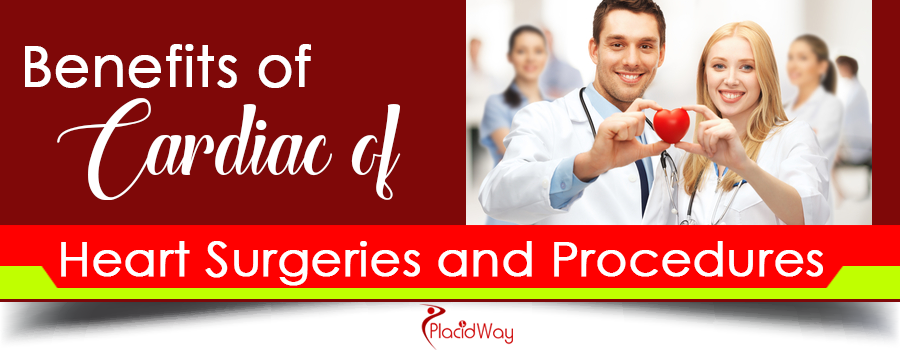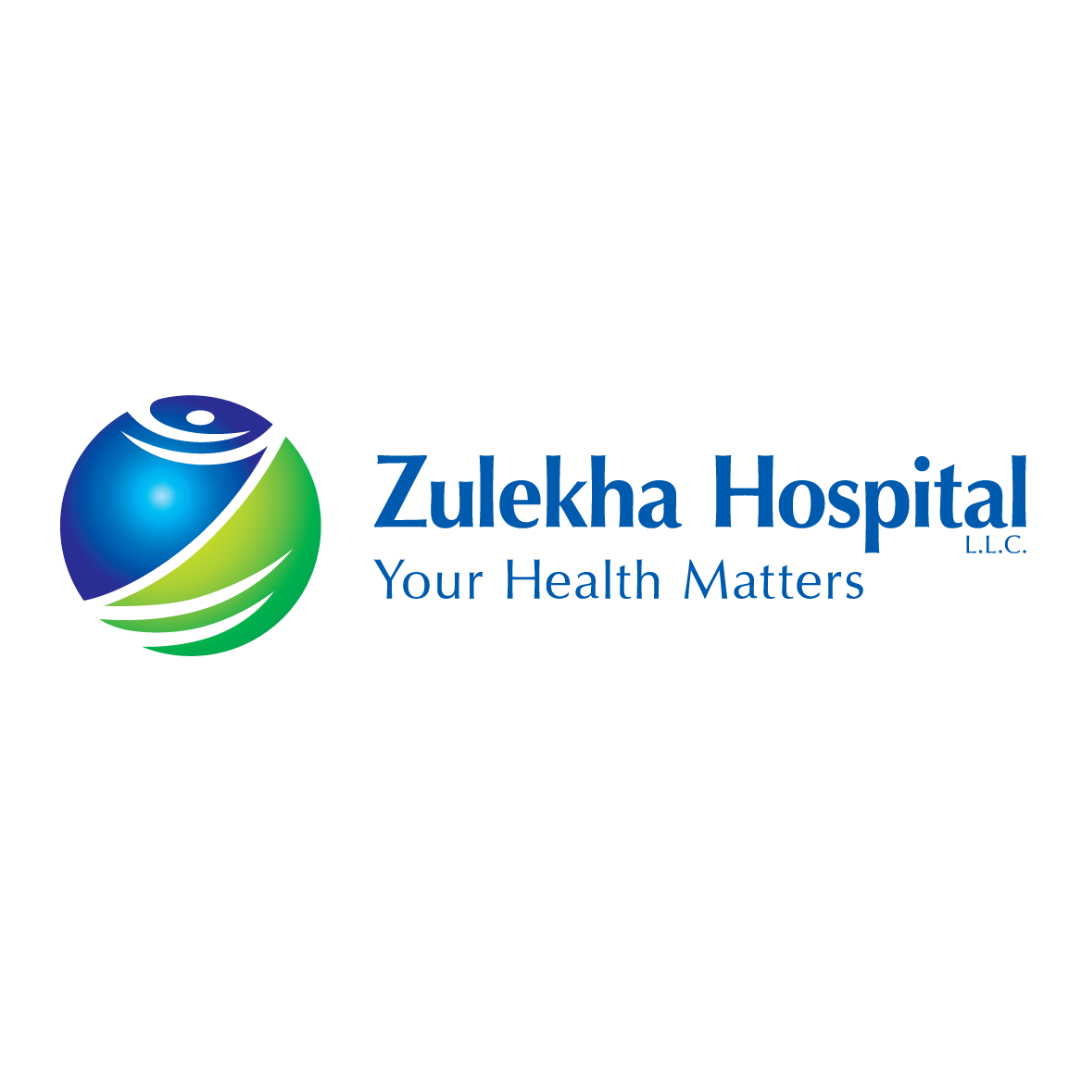Heart Care/Surgery


Heart Care and Surgery Abroad
Overview
Heart surgeries, also known as cardiac or cardiothoracic surgery, includes many different types of surgical procedures to correct various conditions and damage caused by disease, heart attack, and strokes. Procedures designed to widen narrowed arteries, or pacemakers that are used to help control abnormal heart rhythms as well as procedures that help to insure adequate supply of blood and oxygen to the heart muscle all fall under the scope of cardiac surgery.
Common Cardiac Surgery Procedures
- Coronary Artery Bypass Surgery
- Heart Valve Replacement Surgery
- Angioplasty Procedure
- Pacemaker Procedures
- Heart Transplantation
Examples of Heart Surgery Procedures and Treatments
When discussing any type of cardiac surgery or heart surgery process, it should be understood that each individual offers unique circumstances or conditions that may present slightly different complications or the use of specific procedural techniques. The overviews offered within this article for different types of cardiac or heart surgery procedures and surgeries are basic guidelines that will help to describe the common methods used and employed for various types of procedures.
Heart valve surgery is a procedure that repairs or replaces diseased or malfunctioning heart valves. People with disease complications that destroy or distort valves in the heart are candidates for this type of surgery. Advancements in techniques and mechanical heart valves have made this type of procedure one of the most common in the areas of cardiac treatments. Diagnostic testing allows a cardiologist to determine the extent of valve damage as well as its precise location within the heart muscle. There are several different types of heart valve replacement surgery processes, including procedures that repair damaged heart valves as well as replace them. In most cases, mechanical or prosthetic heart valves are used to replace faulty valves.
Coronary Angioplasty is a procedure that is also known as balloon angioplasty. It is generally used on people whose arteries, either leading to the heart or supplying the heart muscle itself, have become narrowed or blocked by a buildup of plaque. The procedure restores blood flow through the damaged artery. The surgeon inserts a thin tube through the arm to the location of the damaged artery. Once the tube is in place, the doctor inflates a balloon attached to it, which helps to push and break up built up plaque. This allows the artery to widen as well as to restore blood flow.
Coronary artery bypass surgery is performed on those whose arteries that supply oxygen and blood to the heart muscle become narrowed and hardened through high blood pressure, high cholesterol or other medical conditions and lifestyle habits, like smoking. Coronary artery bypass surgery employs the use of a section of vein or artery, typically from the leg, to bypass the damaged portion of artery above and below an area of blockage. A person can have one or several arteries bypassed during the same noninvasive heart surgery procedure.
Pacemakers are small electronic or battery-operated device that are placed underneath the skin of the abdomen or chest to help control abnormal heart rhythms. A pacemaker pulses electrical currents that prompt the heart to beat at a normal pace. They are generally used to treat people who have heart rhythms that are irregular, or too fast or slow. The pacemaker is in essence a battery or "generator" that contains wire electrodes on one end. Wires connect the heart with this generator and sense of electrical pulses the help to correct and regulate heart rhythm.
Heart transplantation is a procedure that replaces the entire heart muscle. Typically used as a last resort medical procedure, a healthy heart is donated by someone recently deceased. The procedure requires precise timing to ensure that the donor heart tissues remain healthy prior to transplantation. The heart transplant candidate will be evaluated for suitability depending on other bodily system evaluations and health factors.

Benefits of Cardiac of Heart Surgeries and Procedures
Because healthy cardiac health is vital for life, the benefits of heart surgeries and procedures to help restore optimal function of all aspects of the heart muscle are endless. However, as with any type of surgery, there are risks involved, and cardiac surgery options and procedures need to be carefully evaluated by both patient and physician to determine the most optimal prognosis.
Anyone suffering from clogged or blocked arteries, irregular heartbeats or conditions that lead to damage of the heart muscle or blood flow to or from the heart will benefit from various heart procedures, treatments or surgical procedures.
Cost of Cardiac Surgery or Procedures
Depending on the type of procedure or surgery that is performed, a cardiac procedure or surgery will have widely differing price ranges. However, they are among the most expensive surgical procedures performed in the United States. For example, the cost of angioplasty can range from $3,000 to $7,000, and coronary artery bypass surgery can cost up to $20,000 for one bypass, more if additional bypasses are required. A heart transplant can cost over $150,000!
Finding a Heart Surgeon
A heart surgeon must meet basic requirements and training for certification in various cardiac fields and techniques, as well as specialties. A cardiac surgery resident may stand anywhere from five to ten years training to become a fully qualified surgeon in cardiac surgery and procedures. Cardio thoracic surgeons typically complete a five-year general surgery residency, followed by two to three years of specialization in cardiothoracic surgeries. Various licensing boards that certify surgeons in cardiac surgery as well as subspecialties differ per country of origin. When looking for qualified cardiac surgeons in any country, look to national and statewide boards, associations, and memberships in specific cardiovascular specialties.
With growth in medical travel, there are many options at affordable prices. Learn more about Heart Care/Surgery Procedures, don’t hesitate to contact us!
By: PlacidWay,





